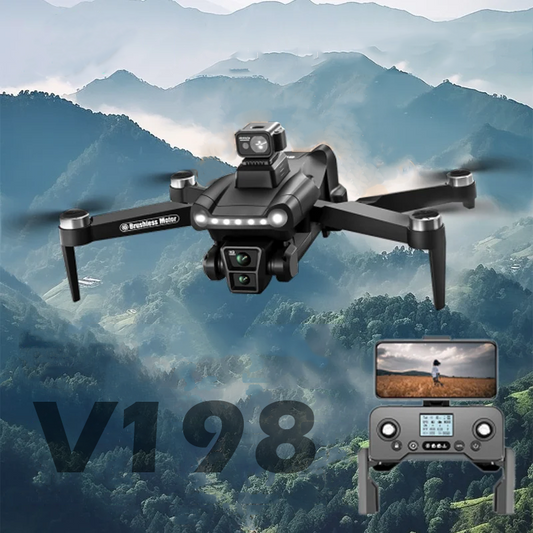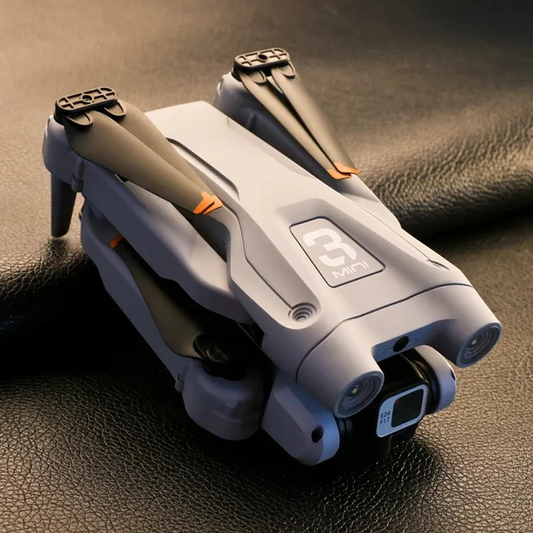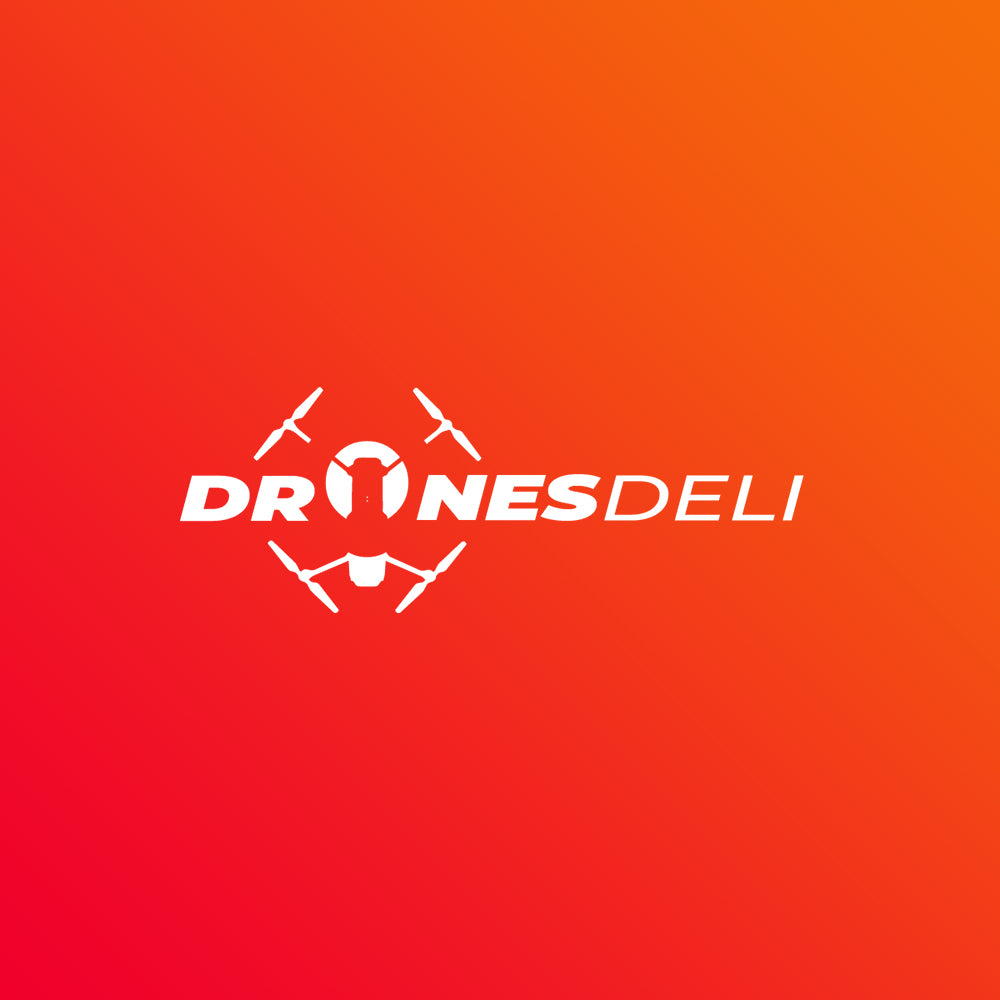A Guide to Drones in Agricultural Pest Control

In the ever-evolving landscape of agriculture, technology continues to play a pivotal role in enhancing efficiency and sustainability. One such technological marvel making waves in the agricultural sector is the use of drones in pest control. Farmers are increasingly turning to these unmanned aerial vehicles to combat pests and protect their crops. In this comprehensive guide, we will delve into the world of drones in agricultural pest control, exploring their benefits, applications, and the future they hold for sustainable farming practices.
Understanding the Need for Agricultural Pest Control:

Pest infestations pose a significant threat to crop yields and overall agricultural productivity. Traditional methods of pest control, such as chemical spraying, come with their own set of challenges, including environmental concerns, human health risks, and the development of pesticide-resistant pests. This has led the agricultural industry to seek innovative and eco-friendly solutions, and drones have emerged as a promising alternative.
Benefits of Using Drones in Agricultural Pest Control:
1.Precision Agriculture:

Drones equipped with advanced sensors and imaging technologies enable farmers to practise precision agriculture. These aerial vehicles can fly over fields, collecting high-resolution data that helps identify pest-infested areas with pinpoint accuracy. This targeted approach allows farmers to optimise the use of resources, applying pest control measures only where needed.
2.Cost-Effective Operations:
Compared to traditional methods of pest control, drone technology offers a more cost-effective solution. The initial investment in drones and associated equipment may seem substantial, but the long-term savings in terms of reduced pesticide usage and increased crop yields make it a financially sound decision for many farmers.
3.Reduced Environmental Impact:
Drones contribute to sustainable farming practices by minimising the environmental impact of pest control measures. With precise application, farmers can avoid unnecessary pesticide use, preventing contamination of soil and water sources. This approach aligns with the growing global emphasis on sustainable and eco-friendly farming methods.
Applications of Drones in Agricultural Pest Control:
1.Aerial Surveillance:

Drones equipped with high-resolution cameras and infrared sensors can provide real-time aerial surveillance of farmland. This enables farmers to monitor their crops for signs of pest infestation, disease, or stress. Identifying these issues early on allows for prompt and targeted intervention, preventing widespread damage.
2.Precision Spraying:

One of the key applications of drones in pest control is precision spraying. Drones can carry specialised spraying equipment that precisely delivers pesticides or other control agents to affected areas. This targeted approach minimises the environmental impact and reduces the overall quantity of chemicals used.
3.Data Analysis and Decision Support:

The data collected by drones during their flights can be analysed to generate valuable insights. Advanced analytics and machine learning algorithms can process this data to provide farmers with actionable information. From identifying specific pest species to predicting potential outbreaks, drones contribute to informed decision-making in pest management.
Challenges and Considerations:
While the adoption of drones in agricultural pest control is promising, there are challenges and considerations that farmers must be aware of:
1.Regulatory Compliance:
The use of drones in agriculture is subject to regulatory frameworks that vary from country to country. Farmers need to be aware of and comply with these regulations, which may include restrictions on flight altitude, proximity to populated areas, and obtaining necessary permits.
2.Technical Expertise:
Operating drones requires a certain level of technical expertise. Farmers may need to invest time and resources in training or hiring personnel with the skills to operate and maintain drone systems effectively.
3.Initial Investment:
The initial cost of acquiring drones and related equipment can be a barrier for some farmers, especially those with smaller operations. However, it's essential to consider the long-term benefits and potential return on investment.
The Future of Drones in Agricultural Pest Control:

As technology continues to advance, the future of drones in agricultural pest control looks promising. Ongoing research and development are focused on enhancing drone capabilities, making them more efficient, autonomous, and adaptable to different farming environments.
1.Autonomous Drones:
The development of autonomous drone technology is a game-changer for agriculture. Future drones may have the ability to autonomously survey fields, detect pests, and implement control measures without direct human intervention. This would further streamline pest management processes and increase overall efficiency.
2.Integration with Smart Farming Systems:
Drones are expected to become integral components of smart farming systems. These systems integrate various technologies, such as sensors, data analytics, and automation, to optimise farming operations. Drones, in conjunction with other smart farming tools, will play a crucial role in creating a connected and data-driven agricultural ecosystem.
Drones in agricultural pest control represent a revolutionary approach to crop protection. The benefits of precision agriculture, cost-effective operations, and reduced environmental impact make drones an attractive solution for farmers seeking sustainable and efficient pest management strategies. As technology continues to advance, the integration of drones with smart farming systems holds the key to the future of agriculture, promising increased yields, minimised environmental impact, and a more resilient food supply chain. By embracing this innovative technology, farmers can not only protect their crops but also contribute to the evolution of a more sustainable and productive agricultural sector.
Explore a variety of drones at our online drone store.
Happy Flying!









